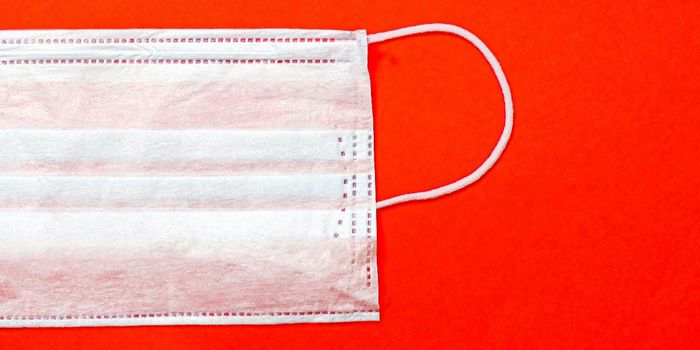The Pine Tree Bark Extract that Can be Used in Treatments for Skin Conditions to UTIs
Pycnogenol is essentially a nutritional supplement derived from French maritime pine bark extract, and it has been the subject of increasing research interest in relation to health. An article published in Skin Pharmacology and Physiologyhighlights the findings of various studies that demonstrate the positive effects of French maritime pine bark extract on the skin.
According to the research, a significant aspect of Pycnogenol supplementation is its impact on the extracellular matrix, which plays a crucial role in maintaining skin structure and function.
Studies have shown that French maritime pine bark extract intake, either alone or in combination with vitamins and minerals, improves skin smoothness and elasticity. This improvement can be attributed to the upregulation of genes involved in collagen synthesis and hyaluronic acid production. These findings suggest that French maritime pine bark extract helps support the health of the extracellular matrix, preventing collagen degradation and promoting skin firmness.
French maritime pine bark extract has also shown promise in improving skin barrier function and hydration. Clinical studies have demonstrated increased skin hydration and an improved expression of genes involved in keratinocyte differentiation and barrier formation, both vital to skin health. These effects indicate that Pycnogenol supplementation enhances the skin's ability to retain moisture and strengthens the protective barrier, leading to improved skin health.
The benefits of Pycnogenol extend beyond its effects on the extracellular matrix and barrier function. The supplement has been found to exhibit inhibitory activity on matrix-degrading metalloproteinases, which are enzymes responsible for collagen degradation in photoaged skin or skin with sun damage.
There have also been studies that show that Pycnogenol can help patients with urinary tract infections (UTI). In a study published in Edizioni Minerva Medica, subjects with recurrent UTIs were given Pycnogenol as prophylaxis, meaning they were supplementing with Pycnogenol to potentially prevent a UTI. Their results confirmed the anti-inflammatory benefits of Pycnogel, as prophylaxis with Pycnogenol decreased the incidence of UTIs in both men and women.
Pycnogenol has demonstrated immense anti-inflammatory effects both on the skin and beyond. As research in this field continues to evolve and plant-based remedies seem to be more abundant, Pycnogenol may add increasing value in aspects of daily life.
Sources: Skin Pharmacology and Physiology, Journal of Dermatologic Treatment, Edizioni Minerva Medica








